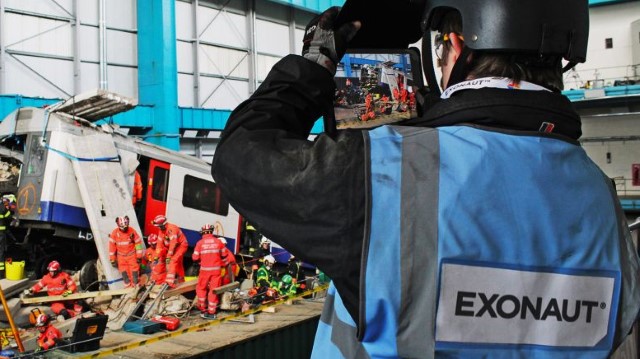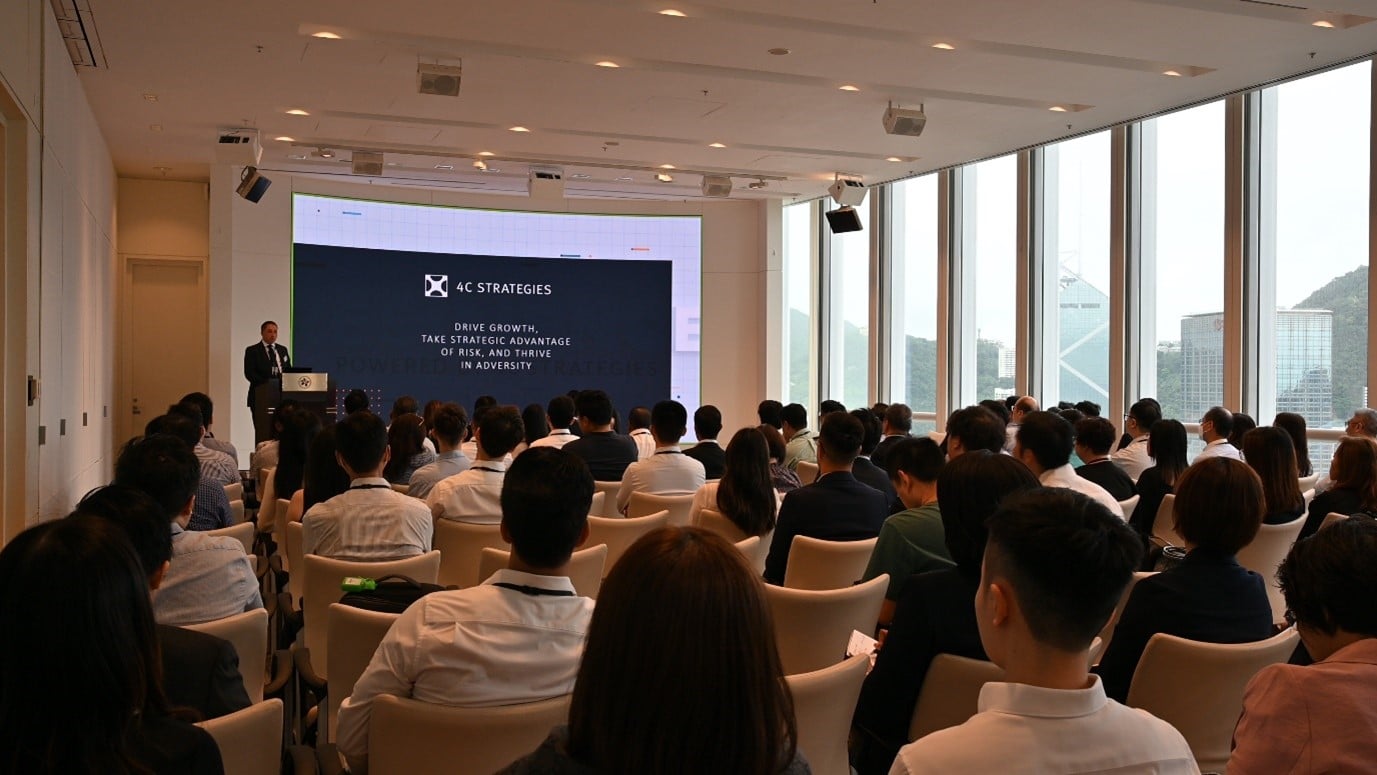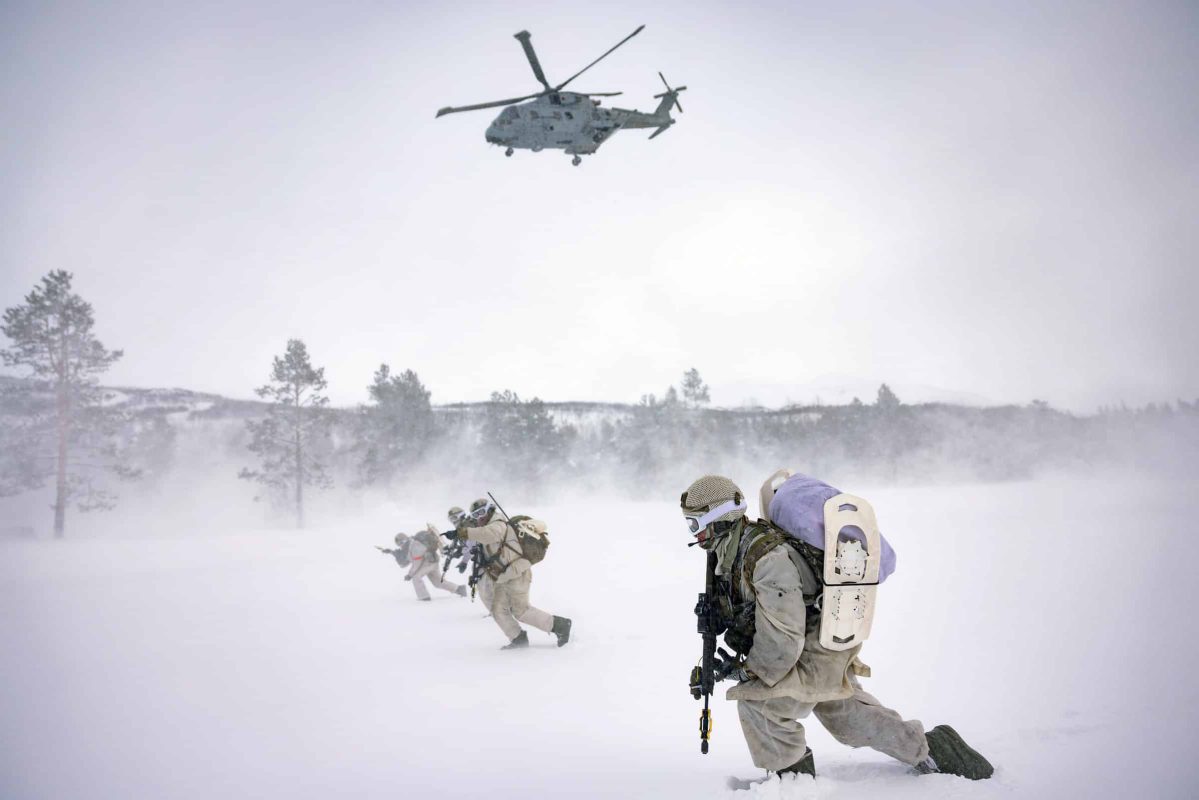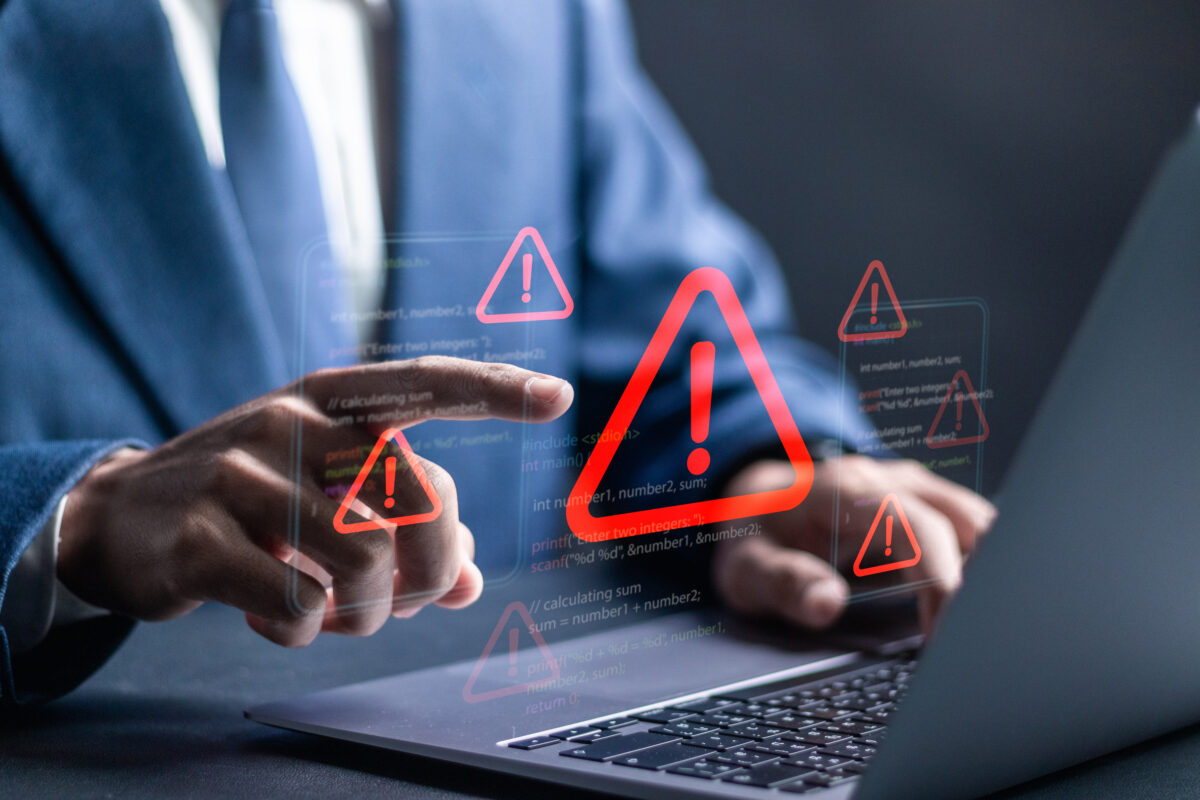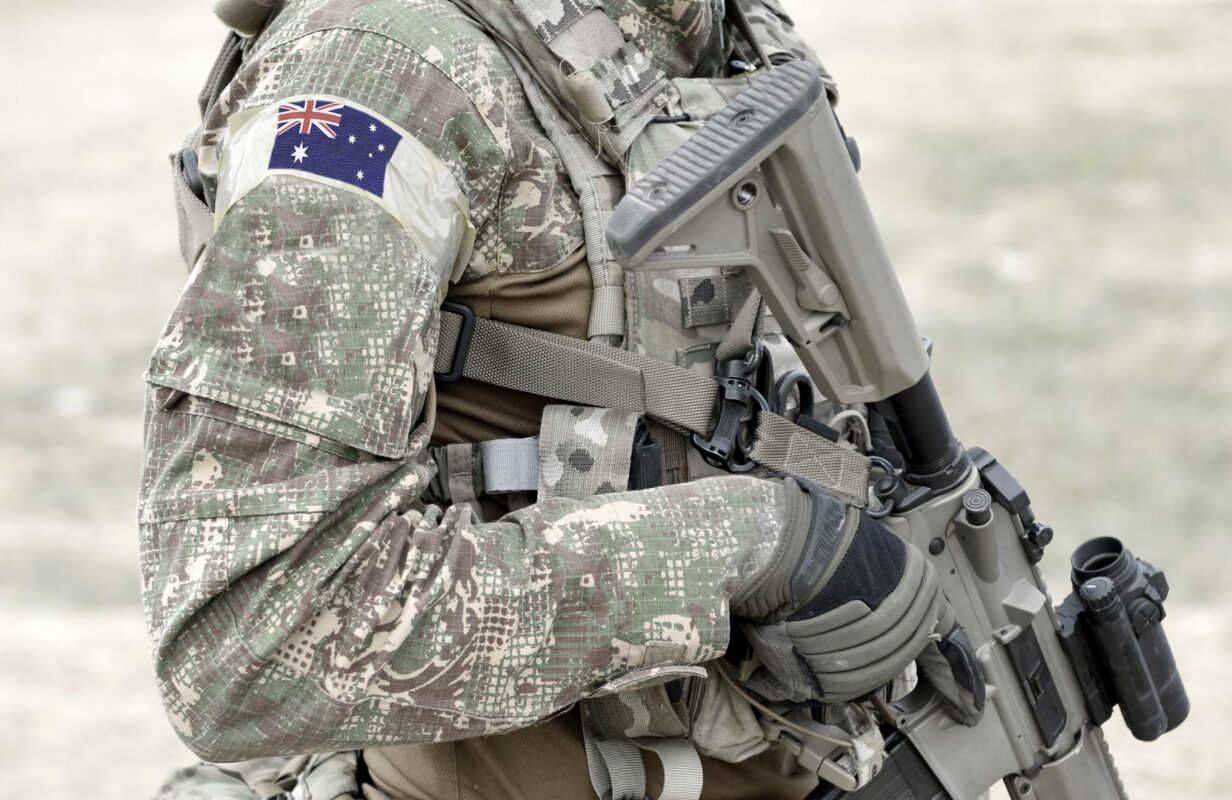2022-12-20
2022 has been a momentous year for many reasons. We look back at some of the major events of the last 365 days and the ways they changed the world and our understanding of crisis, continuity, and risk management, along with training readiness.
A Year of Constant Change – 2022 in Review
At times, it’s seemed world news has had an endless backlog of stories, events, and conflict, so much so that in November the Collins Dictionary word of the year was revealed to be ‘Permacrisis’.
If we were asked to find the perfect word to sum up 2022, it would be ‘change’. So much of what we took for granted in years’ past, from peace in Europe to energy and even the weather, has changed dramatically. That’s partly why we felt it was important to write this review of 2022, because it’s important to remember that change, while sometimes unwelcome, rarely comes without reason – and almost never without a lesson.
With that in mind, let’s take a look at the key events that shaped 2022 and what insight we can take from them moving forward.
1. Europe gripped in conflict
In early 2022, Russia announced a “special military operation” that saw troops invade Ukraine, before eventually claiming sovereignty over certain regions of the country. Most NATO members and western nations were quick to denounce the invasion, responding with escalating economic sanctions, while sending aid and support to the Ukrainian people and armed forces. The conflict continues to play out in front of the world with no immediate end in sight.
War in Ukraine – The Future of Readiness
The war in Ukraine sent shockwaves across Europe and beyond, but what does it mean for the future of training and readiness among NATO military forces and partners? We speak to David Paterson 4C Military Director, former British Army Brigadier to find out.
How can we learn from this conflict?
The preparedness and operational readiness of military forces must be continuously improved through effective training and exercises in order to act as a deterrent to and / or be ready for such events to unfold.
Unlike Russia, many European countries have progressively reduced investment in armed forces over the past decades and thereby limited their ability to make battle driven assessments of their own readiness. This is evident in the reduction in the numbers and scale of live exercises.
Investment in the military is now being prioritized again. Technology has a big part to play. Not least in the way data can be used for effective training and exercising – from planning to managing and analysing exercises, the right tools identify potential weaknesses and provide a roadmap to subsequently grow these capabilities based on evidence-based decision-making.
Effective and efficient training must be a mantra moving forward. We must train for the future.
David Paterson, Military Director & former British Army Brigadier – 4C Strategies
2. An energy crisis disrupts the world
A result of the conflict in Ukraine and the resulting economic sanctions was the global energy crisis that continues into the bitterly cold winter Europe is experiencing. With European countries having to find alternative energy supplies to Russian gas, energy prices have risen dramatically leaving many people and businesses struggling to deal with the financial consequences. This has been further compounded by a reduction in available nuclear power due to critical maintenance taking place in multiple countries.
And what was originally contained within Western Europe has now spread further, as the impact of “wealthy” European countries purchasing energy alternatives resonates across the globe in higher global energy prices.
Millions have fallen into ‘energy poverty’, developing nations are being outpriced from the scarce electricity they had, and many governments are preparing worst-case scenario crisis plans to protect critical infrastructure and critical societal functions in the event of rolling blackouts and planned distributed grid shutdowns.
Priority planning in an energy crisis with a National Energy Authority
Discover how 4C is supporting Styrel to map, prioritise and protect electricity-dependent critical societal functions.
Attacks on critical pipelines undermine remaining stability
Europe and the energy sector was rocked again in September, when suspected acts of sabotage saw the Nord Stream 1 and 2 natural gas pipelines damaged in a series of bombings that resulted in underwater gas leaks. Political finger-pointing was rife with nobody admitting to the attacks.
The gas taps weren’t going to be turned back on anytime soon.
Energy Crisis – What’s next for Europe?
As the war in Ukraine continues on and an international energy crisis iss truly upon us, we speak to 4C energy expert Olle Crondahl to get his take on events and discover how things might play out.
Energy crises force organisations to take stock
So, what lesson can be taken from all this upheaval?
Crisis preparedness and response planning must prioritise three things above all else:
- Mapping critical dependencies and risk
- Preparing crisis plans and backup supply lines
- Building resilience around critical infrastructure
As the energy crisis still rages into 2023 and the seasonal demand for energy grows, building these three priorities into day-to-day operations becomes all the more important for governments, local authorities and markets.
Attacks on critical pipelines undermine remaining stability
Europe and the energy sector was rocked again in September, when suspected acts of sabotage saw the Nord Stream 1 and 2 natural gas pipelines damaged in a series of bombings that resulted in underwater gas leaks. Political finger-pointing was rife with nobody admitting to the attacks.
The gas taps weren’t going to be turned back on anytime soon.
3. Changing face of communication and tech
Fake news abounds
Fake news continues to be a key tool for antagonists to influence decisions by controlling narratives. The world is awash with disinformation, which makes fact checking harder than ever. Election ballet results are challenged because doing so brings with it the ire of supporters.
We have witnessed a change in recent years where conspiracy theories and their champions are not only shared but given a platform on the biggest media outlets. Whether fake news is spread by bots or people, on social media or via news outlets, countering disinformation remains a key operative action for the public and private sectors.
Achieve Total Cyber-Resilience
4C Strategies offers a comprehensive range of crisis communication, cyber security management and IT continuity services, with regular testing and exercises to build, verify and track your readiness capability. We integrate IT risk, disaster recovery and crisis management, couple with how to counter disinformation guides, to go beyond mere technological solutions towards an organisation-wide culture of cyber resilience.
AI advancements – a two sided coin?
One of the big news items at the end of the year was the launch of OpenAI’s new ChatGPT. Writing academic essays and writing, editing, or debugging code in seconds suddenly became a reality that had many professional astounded. Was this what we’d all been anxiously waiting for after years of promises. Could this take much of the leg work out of production and allow developers and content producers to focus on idea generation and collaboration?
Time will tell. But then there’s the flip-side. Can the same tools produce a soundly put together argument for fake news based on widely sourced misinformation in seconds? Could thousands of similar articles be produced and spread to drive the narrative? Will it make fact checking harder or easier?
And then there’s cybersecurity. Will the powerful coding tools be put to use by cyber criminals, and if so will our organizations have to work equally hard to counter them, using the same or different tools?
4. China forced to abandon zero-covid policy
Another more recent entry to our year in review, in the past month mounting social pressure has forced China and the CCP to backtrack on their hard-line stance on the COVID pandemic.
For over a year, just one positive COVID test result in a region would see entire cities of up to 20 million people forced into mandatory quarantine at home. This, understandably, was impacting the Chinese economy, but also gave rise to widespread social unrest.
In the face of pressure from citizens across the country, the Chinese government relented and eased COVID restrictions for the first time in over a year.
Lessons from 18mths of Remote Crisis Management
Over 18 months throughout the pandemic, 4C Strategies kept very busy helping organisations develop their crisis management and decision-making capability at a strategic level. Principal Consultant Ben White describes the process of leading Crisis Decision Making Training remotely, and the outcomes he has observed.
Crises and risk cannot be controlled with blanket policy
One of the key lessons any organisation can take from these developments is the value of agility in the face of risk or crises. Managing risk cannot be effective with sweeping, uniform decision making, and blanket decisions simply do not work amid a crisis.
Informed decision making must be done properly each time a new development arises. This is why crisis plans and emergency response training are created covering multiple scenarios, threats, and eventualities: They ensures organisations are able to adapt and respond to events rapidly and effectively. Insights, intelligence, and an understanding of what’s good enough are what is required in a crises, not one-size-fits-all reactions.
5. A year of change for 4C, too
2022 has been a busy and momentous year for 4C Strategies, too. From our IPO on the NASDAQ in May to the opening of our offices in Brisbane and Oslo, change and growth have defined our year. In 2023, we’re using this as a platform to build on, and to increase our impact and further our work. To help build a safer society, some things need to change. We’re more committed than ever to making that change positive.

